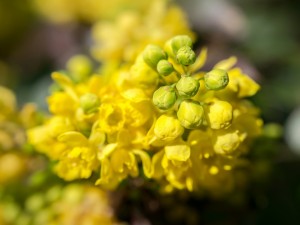Berberine has fascinating therapeutic qualities in multiple areas – some of which are blood sugar control, antimicrobial activity, and yeast overgrowth inhibition. Berberine is a botanical alkaloid extracted from the roots, stems, and bark of many plants, including barberry (Berberis vulgaris), Coptis Chinensis (Berberis Aristata), goldenseal (Hydrastis Canadensis), Oregon grape (Berberis Aquifolium), Phellodendron amurense, and Yerba mansa (Anemopsis californica).1 Owing to its efficacy, this phytochemical constituent has an extensive history of use in Chinese and Ayurvedic medicine (two of the world’s most ancient medicine systems).
Berberine and Blood Sugar Control
There is evidence that Berberine has the ability to stabilize as well as lower blood sugar. Berberine has shown similar results to a widely prescribed diabetes medication, in that it can significantly decrease fasting blood glucose, as well as A1c (a test that measures average blood sugars over a 3-month period, used in conjunction with fasting blood glucose to gauge how a diabetic is doing).2 There has been a great deal of research as of late about the human microbiome (gut bacteria (primarily), its composition, and role in the immune system). Various types and amounts of gut bacterium have been focused upon as a possible contributor to metabolic diseases such as obesity and diabetes.3 It has been found that berberine actually modifies gut bacteria thereby helping the body and its cells to become less resistant to the effects of the hormone, insulin. This is important because when the body is resistant to insulin, the pancreas has to make more and more insulin in an attempt to keep blood sugar controlled. The spikes in the insulin level act as an anabolic hormone for fat (much like testosterone is an anabolic hormone for muscle) and pack on the pounds. So any substance that can make the body less resistant to the effects of insulin would then allow the body to make less insulin to handle the same blood sugar and prevent insulin spikes.4
Berberine as an Antimicrobial Agent
You’ve probably heard that antibiotic resistance is a world-wide dangerous and growing problem.5 Berberine has been found to have antimicrobial effects,6 as well as anti-viral effects.7 Berberine’s antimicrobial properties are currently being studied (especially in concert with common allopathic antimicrobial drugs) to use against multidrug-resistant pathogens.8,9 When looking at traditional Chinese medicine, one of the oldest medicine systems in the world, it is found that over 140 Chinese herbs have been commonly utilized to treat bacterial infections for over 2000 years; one extract of a number of these herbs is berberine.10 The fact that berberine has positive effects on the gut microbiota (as stated earlier in this blog post) tells us that it can be of benefit to the immune system in general, which is after all, the goal!
Berberine as an Inhibitor of Yeast Overgrowth
Candida (candida albicans) is a type of yeast present in the gut flora.11 It can quite often become out of balance and overwhelm the system becoming evident in various mucous membranes of the body, i.e., a yeast infection. We all know that sugar feeds yeast, so I want to first say that the first course of action a person can take to assist his/her body’s ability to fight yeast overgrowth is to not ingest too much (or any) sugar! Yeast overgrowth can also be a much worse problem for people with compromised immune systems. Once again, antibiotic resistance also comes into play where yeast overgrowth is concerned as many yeasts now cultured from vaginal and other specimens are resistant to Diflucan, the medication most commonly used to treat these infections orally. In the search for natural medicinal agents, “berberine has been proven to have broad antibacterial and antifungal activity”12 by actually “affecting the cell membrane.”13
Berberine Supplementation
As mentioned above, candida albicans is normally present in our gut flora. It becomes problematic, however, when it gets out of control and becomes yeast OVERgrowth. If you are prone to yeast infections or have a combination of some of the issues listed above, you may want to consider dietary supplementation with berberine to aid your body’s natural defenses. Doctor Emi’s InsulXSlim helps support healthy microbial activity in the gastrointestinal tract, healthy immune function, GI mucous membrane health, and stimulates circulation. InsulXSlim is non-GMO, soy-free, gluten-free, made in the USA, and manufactured in a GMP-compliant facility.
Our berberine is extracted naturally with water from Berberis Aristata Roots and is sourced from the beautiful, pristine Kerala, India, whose Western Ghats mountain slopes also support tea, coffee, many spices, and coconuts.
As an aside, much of the berberine sold in the US comes from very industrial parts of China where air pollution levels are high.
Please first discuss with your physician this or any other dietary supplement you are taking or wish to take. Dietary supplements can react with prescription drugs as well as with one another.


